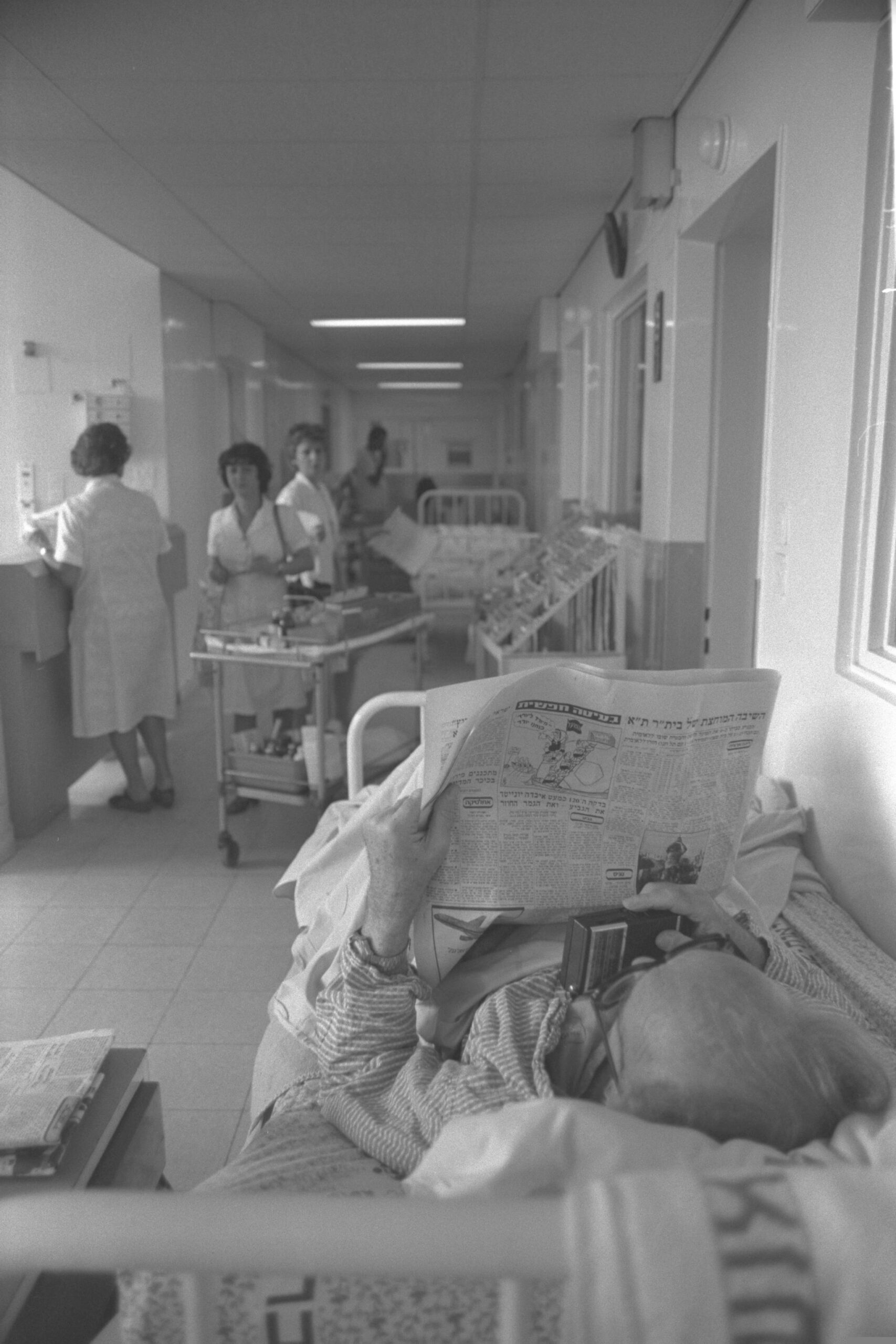Doctors Begin 4-Month Strike

One of Israel’s largest and longest labor actions begins when the Israel Medical Association launches a strike to protest the government’s refusal to grant doctors a substantial pay raise after nearly 11 months of negotiations. The nearly four-month strike begins with doctors setting up private clinics and charging patients $10 for office visits in violation of the state’s socialized medical system.
Israel’s doctors receive starting pay of about $270 a month, an amount that rises to $770 a month with 100 extra hours of work. The doctors demand an increase of the base pay to $720, along with smaller raises for more senior physicians, resulting in an average raise of 100%. The government, battling 140% annual inflation, has offered a boost of up to 30%.
The doctors’ strike escalates in phases, including a walkout in which physicians leave their offices and go to the beach. In mid-June, the strike enters what proves to be the final phase when doctors at Soroka Medical Center in Beersheba launch a hunger strike. Within a week, roughly 3,000 doctors are participating in the fast. Hospitals are forced to consider closing surgical and other departments as doctors become too weak to work. Some doctors collapse during their shifts and must receive fluids intravenously.
The hunger strike prompts Prime Minister Menachem Begin to intervene. He meets with eight prominent doctors and twice with Finance Minister Yoram Aridor and Health Minister Eliezer Shostak. Aridor is steadfast in his refusal to increase wages for doctors because of his desire to limit government expenses and reduce inflation, but he eventually agrees to concessions.
The strike ends June 26, 1983, after the government agrees to a pay increase of 30 percent to 40 percent and to binding arbitration over the length of the workweek and the possibility of bigger boosts in overtime pay.